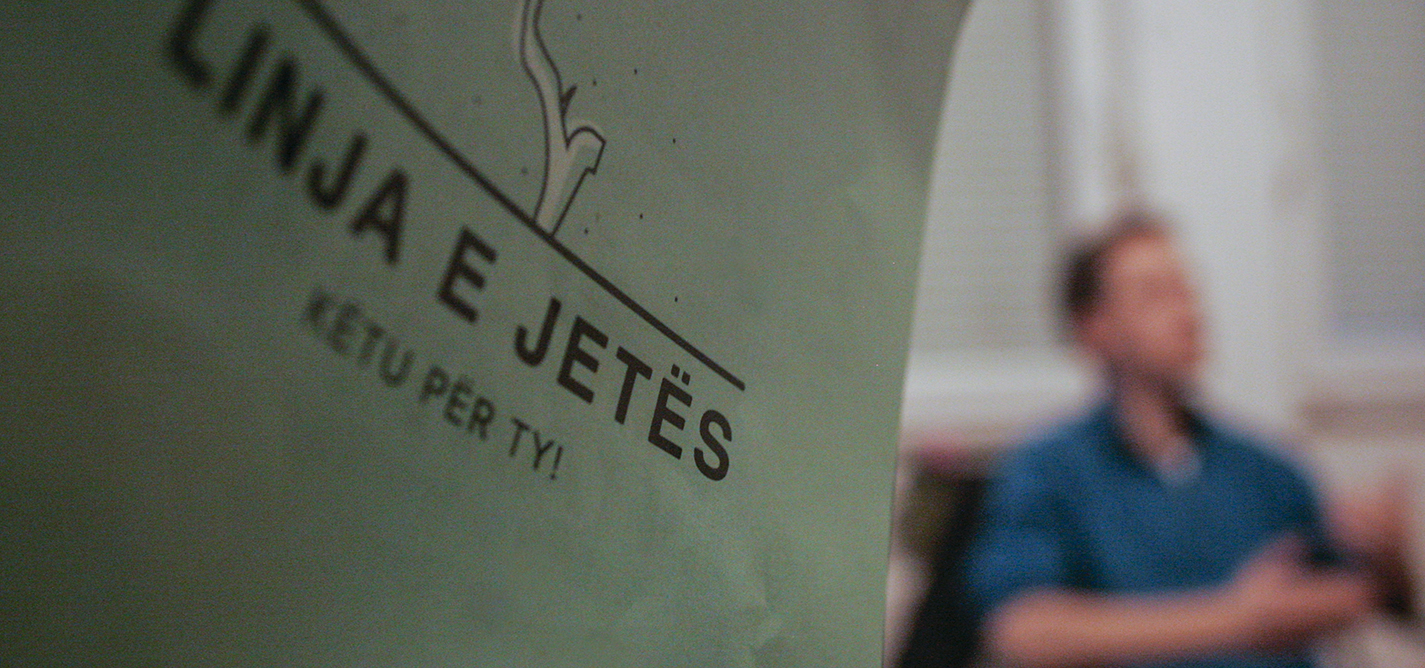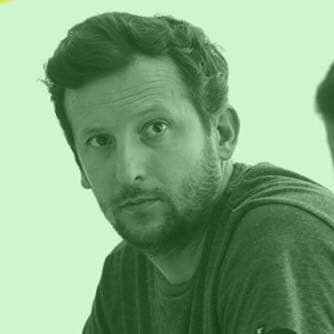
Bind Skeja: Stigma is the main thing that inhibits people from seeking help
The ‘Lifeline’ founder speaks about mental health, suicide, the role that society can play and his project to help people in crisis.
|25.12.2019
|
If we look at the economic factor as the cause of the problem, it can lead us to the false belief that by helping someone financially, we can mitigate their depression.
As with every other issue, open discussion helps with mitigation.
In Kosovo, the young are more prone to suicide.
Cases must be dealt with in ways that are scientifically proven to be efficient. Not through self-invented methods.
The preservation of confidentiality is sacred.
Whoever is on the line, the moment they hang up, we lose any connection to them.
There are families who provide support, help, space, everything to a person with suicidal thoughts, but the tragedy still happens.

Skender Sopa
Skender Sopa finished his bachelor’s studies in psychology and his master’s studies in the field of Health and Clinical Psychology at the University of Prishtina. He is a mentee in K2.0’s Professional Shadowing Mentorship Program (2019). One of the reasons that pushed Skender to apply for the program was his desire to gain professional experience and knowledge to help him conduct journalistic research.
This story was originally written in Albanian.